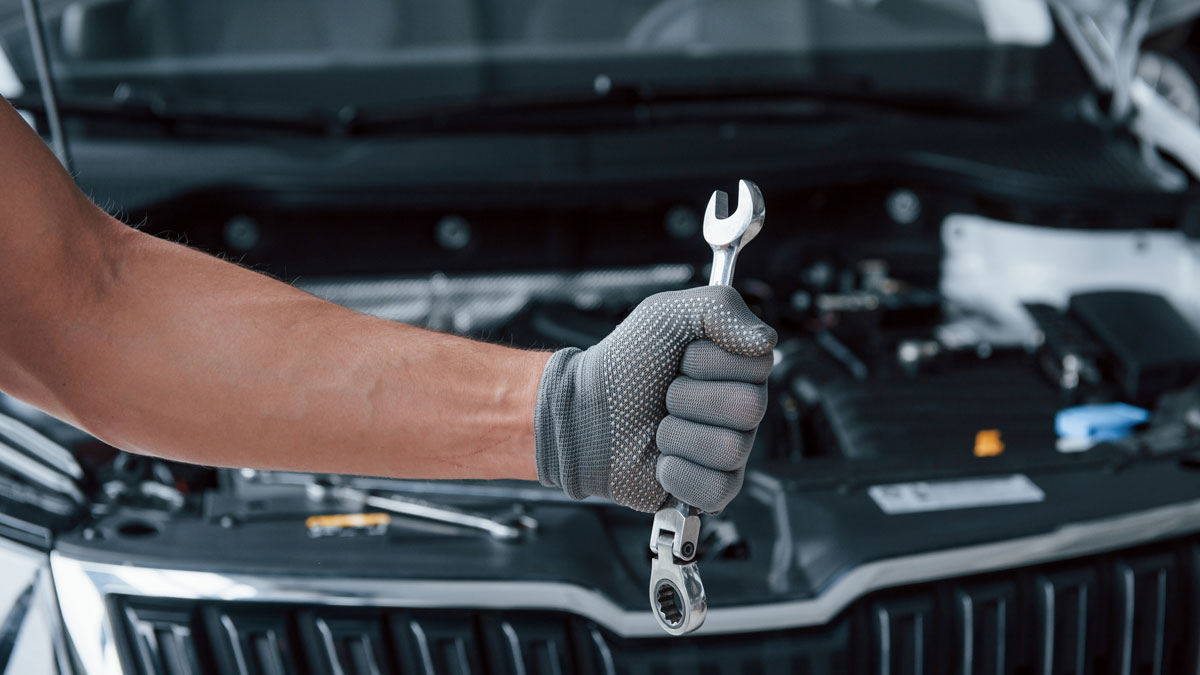The automotive industry is undergoing a revolution, and it’s not just about electric vehicles and autonomous driving. The way cars are maintained and repaired is also evolving rapidly, thanks to advancements in technology. From predictive analytics to connected car systems, the future of car maintenance promises to be more efficient, reliable, and convenient. Let’s explore how these innovations are transforming the automotive service landscape and what they mean for car owners and mechanics alike.
1. Predictive Maintenance: Fixing Problems Before They Occur
One of the most groundbreaking developments in car maintenance is the rise of predictive maintenance. Leveraging data from sensors embedded in modern vehicles, predictive maintenance systems can identify potential issues before they escalate into costly repairs. These systems monitor various parameters, such as engine performance, tire pressure, and brake wear, providing real-time feedback to car owners and mechanics.
Example in Action: Imagine receiving a notification on your smartphone alerting you that your battery’s voltage is dropping or your brake pads are nearing their wear limit. This allows you to schedule a service appointment at your convenience, avoiding breakdowns and ensuring your car runs smoothly.
2. Connected Cars and Remote Diagnostics
Connected car technology is another game-changer in the realm of car maintenance. With vehicles increasingly equipped with internet connectivity, mechanics can perform remote diagnostics without the car needing to be in the shop. This technology not only saves time but also provides more accurate assessments of a vehicle’s health.
How It Works: Connected cars send data directly to service centers, where technicians analyze the information and recommend necessary repairs. Some systems can even update software remotely, eliminating the need for in-person visits.
Benefits:
- Faster diagnosis and resolution of issues.
- Reduced downtime for vehicle owners.
- Enhanced convenience and transparency.
3. Artificial Intelligence (AI) and Machine Learning
AI and machine learning are becoming integral to modern car maintenance. These technologies analyze vast amounts of data to identify patterns and predict potential issues. AI-powered tools can provide recommendations for optimizing vehicle performance, while machine learning algorithms continuously improve their accuracy over time.
Applications in Maintenance:
- Virtual assistants that guide car owners through basic maintenance tasks.
- Advanced diagnostic tools that pinpoint complex issues with precision.
- Automated systems that optimize service schedules based on driving habits.
4. Augmented Reality (AR) for Mechanics
Augmented Reality (AR) is revolutionizing how mechanics approach repairs. AR tools overlay digital information onto physical components, providing step-by-step guidance for complex procedures. This technology is particularly valuable for training and troubleshooting.
Use Case: A mechanic using AR glasses can view a car’s wiring diagram directly on the engine, highlighting specific parts that need attention. This reduces errors and speeds up the repair process.
5. 3D Printing: On-Demand Parts Manufacturing
The availability of 3D printing technology is changing the supply chain for car parts. In the future, service centers may no longer need to stockpile large inventories of components. Instead, they can print parts on demand, reducing costs and wait times for customers.
Advantages:
- Customizable parts for older or rare vehicle models.
- Environmentally friendly production with less waste.
- Faster turnaround times for repairs.
6. Mobile Apps and Digital Platforms
Car maintenance is becoming more customer-centric with the advent of mobile apps and digital platforms. These tools provide users with easy access to service records, maintenance schedules, and even DIY repair tutorials.
Features of Modern Apps:
- Service booking and reminders.
- Cost estimates for repairs and maintenance.
- Integration with connected car systems for real-time updates.
7. Sustainability and Eco-Friendly Practices
As the automotive industry shifts toward sustainability, car maintenance practices are also becoming greener. Technologies such as biodegradable engine oils, recyclable filters, and eco-friendly cleaning products are gaining traction.
The Role of EVs: Electric vehicles require less frequent maintenance compared to traditional cars, as they have fewer moving parts. However, they come with unique needs, such as battery health monitoring and software updates, which are facilitated by advanced diagnostic tools.
8. Challenges and Considerations
While these technological advancements are exciting, they also come with challenges:
- Skill Gaps: Mechanics need to upskill to work with advanced technologies.
- Cost of Implementation: Investing in cutting-edge tools and training can be expensive for service centers.
- Data Security: With connected cars generating vast amounts of data, ensuring privacy and security is paramount.
The Road Ahead
The future of car maintenance is undoubtedly tech-driven, offering unprecedented convenience and reliability. For car owners, this means fewer surprises on the road and a more transparent service experience. For mechanics, it opens up opportunities to work with sophisticated tools and deliver higher-quality repairs.
As technology continues to evolve, the automotive industry must adapt to meet new demands and challenges. Embracing these changes will not only improve the maintenance experience but also contribute to safer, more efficient, and sustainable transportation for all.
Whether you’re a car enthusiast or a casual driver, staying informed about these advancements ensures you’re prepared for the future of car care. After all, maintaining your vehicle has never been this exciting.





